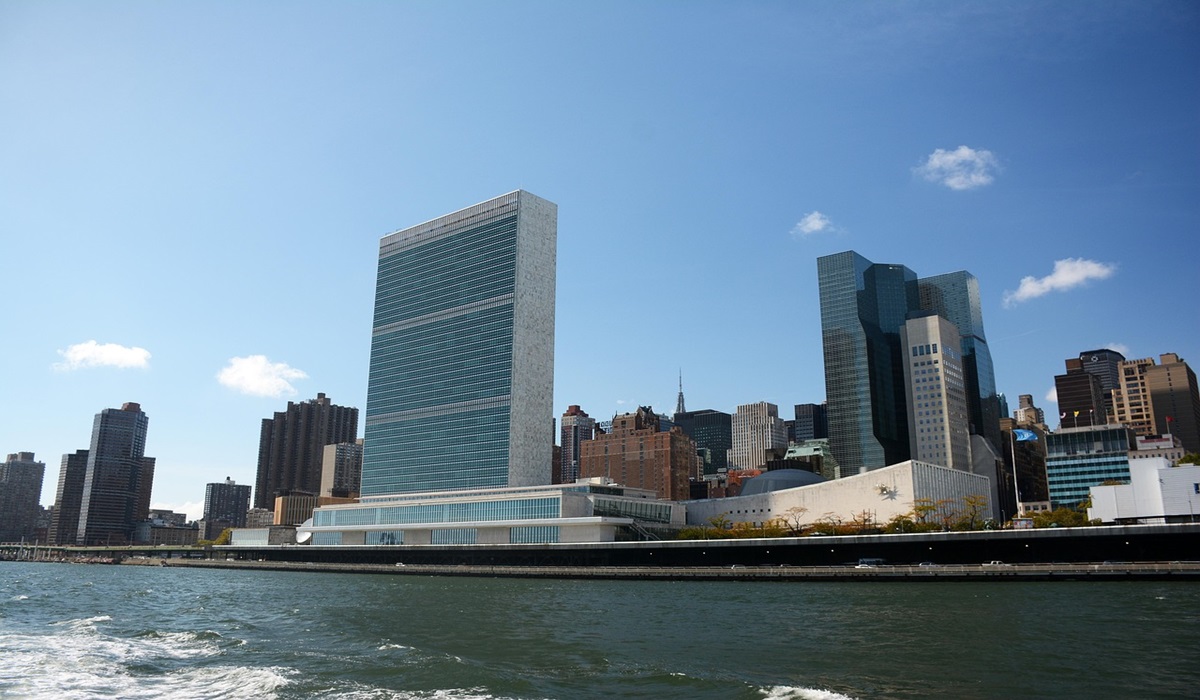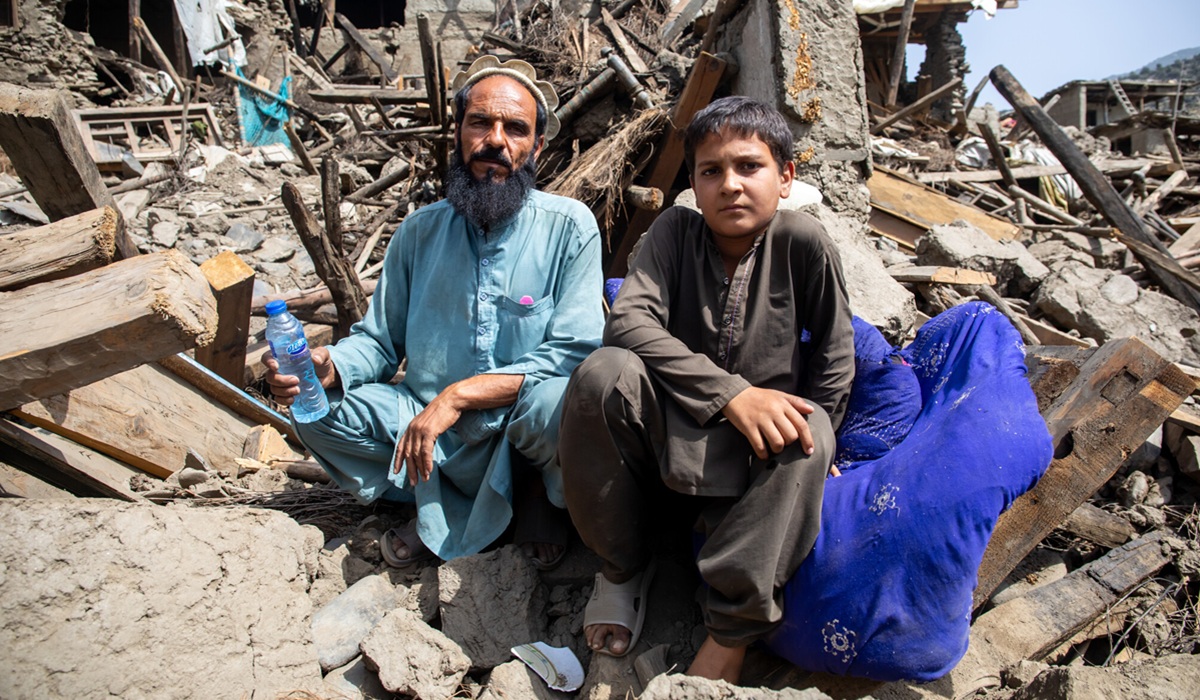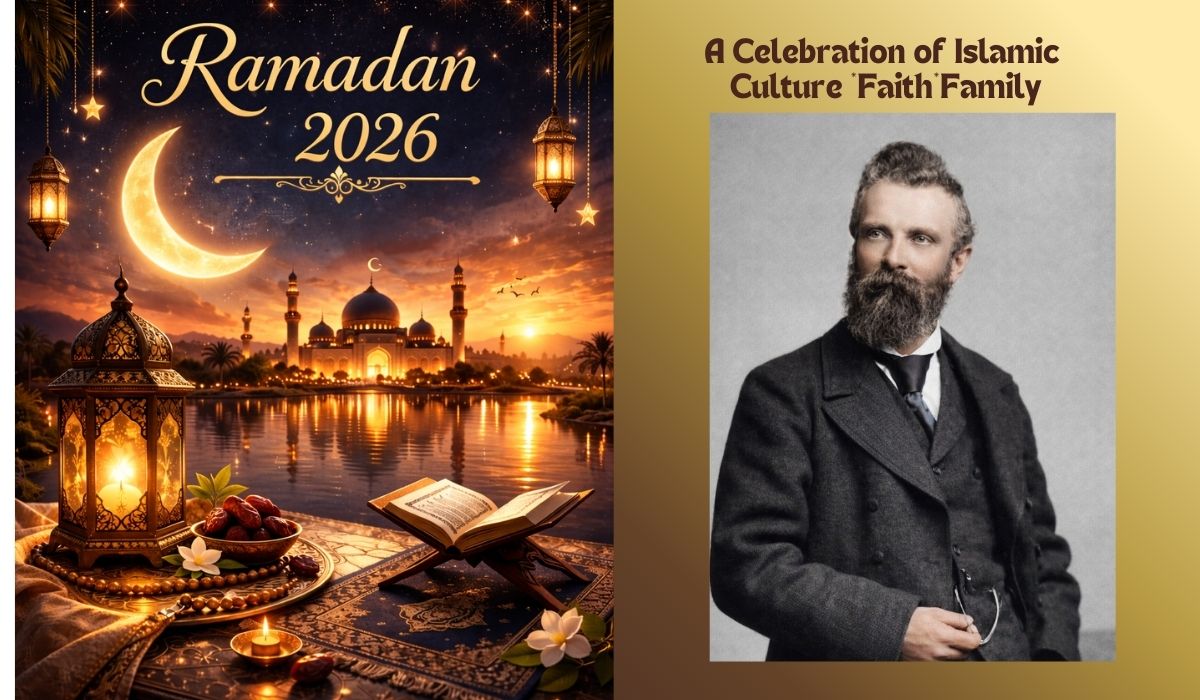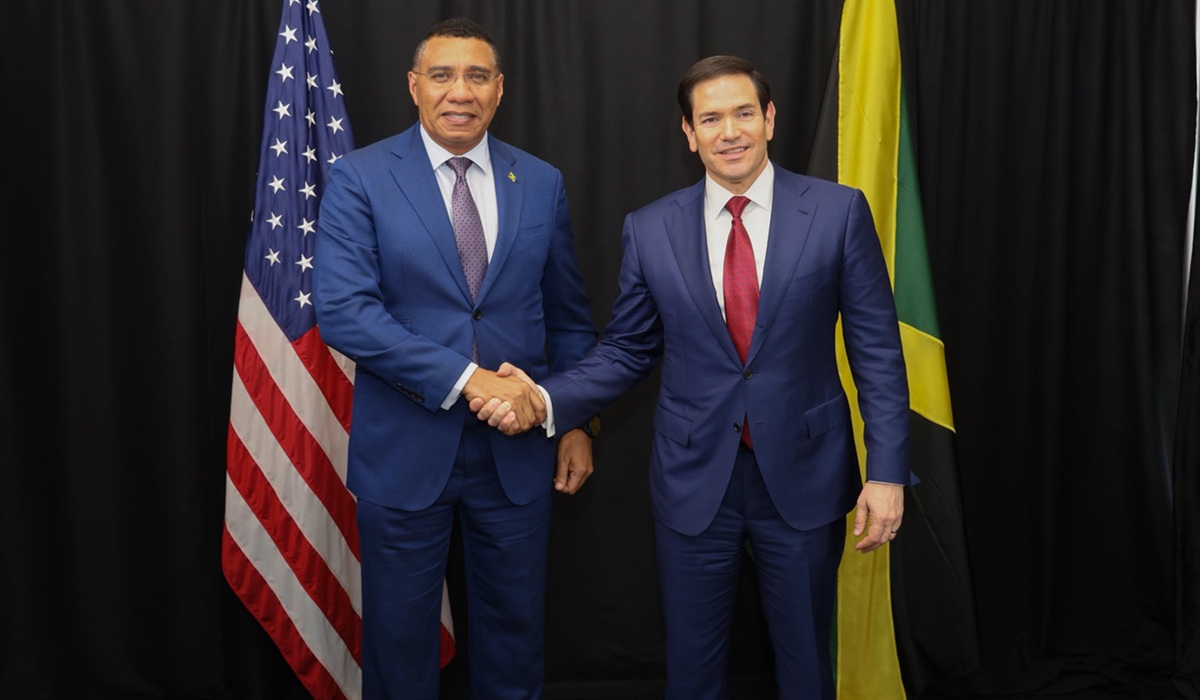The United Nations: A Monument to Grandstanding, Inaction, and Global Hypocrisy
- TDS News
- World News
- Trending News
- July 28, 2025

By: Donovan Martin Sr, Editor in Chief
Image Credit, Filip Filipović
For decades, the world has looked to the United Nations as a beacon of diplomacy, hope, and humanitarianism—a place where the collective conscience of the world was meant to gather, debate, and protect the rights and dignity of every human being. But that vision has long been buried under layers of bureaucracy, political theatre, and a structural imbalance that favors a select few. Today, the United Nations stands not as a symbol of global unity, but as a global stage for grandstanding, a defunct relic that enables the world’s superpowers to maintain dominance while offering little more than lip service to justice, democracy, and human rights.
It has become routine: heads of state take to the podium in New York, delivering carefully worded speeches filled with lofty ideals about peace, equity, and democratic values. Yet, these very same nations often act in direct contradiction to the principles they so passionately espouse. The halls of the UN echo with empty declarations while bombs fall elsewhere, economic systems are destabilized, and the weak are exploited—often with the silent endorsement or active involvement of the very countries sitting on the Security Council.
The most glaring structural failure of the United Nations is the Security Council itself—particularly the permanent members: the United States, the United Kingdom, France, Russia, and China. These five nations wield veto power, allowing them to unilaterally block any resolution, no matter how widely supported or morally urgent. The result? Gridlock, injustice, and a total lack of accountability.
Take the example of Palestine. An overwhelming majority of nations recognize the rights of the Palestinian people—their right to sovereignty, dignity, and protection under international law. Yet every time a resolution supporting these rights is brought to the Security Council, it is struck down by a U.S. veto. Not because it lacks merit. Not because the global community disagrees. But because one country says no. This isn’t diplomacy. This is tyranny wrapped in blue flags and multilateral language.
The veto system has ensured that international law is only enforceable when it does not threaten the interests of the powerful. When weaker nations are victims, the United Nations becomes a silent observer. When powerful nations are perpetrators, the United Nations becomes an accomplice.
Beyond military injustice, there’s economic manipulation. The World Bank and the International Monetary Fund—two institutions heavily backed and aligned with UN frameworks—have imposed structural adjustment programs on developing nations for decades. These programs, sold under the banner of economic reform, have gutted public services, devalued currencies, and entrenched poverty. They force nations into cycles of debt dependency while multinational corporations reap the benefits. And again, the UN is there, rubber-stamping these policies in the name of “development.”
Let us also examine the global representation—or lack thereof—at the UN’s highest levels. Africa, a continent of 1.6 billion people and 53 nations, has no permanent seat on the Security Council. Not one. Meanwhile, Europe—home to former colonial powers—and North America dominate the conversation. This is not just a flaw. It is a scandal. It is an insult to every African nation, and a denial of the continent’s right to shape the global order.
How can the world trust an organization to administer justice when it does not even recognize the political weight of a continent that represents nearly one-fifth of humanity?
And what of the so-called peacekeepers? UN peacekeeping missions have become the subject of increasing scrutiny and criticism. In some of the very nations they were sent to stabilize—like the Democratic Republic of Congo, Central African Republic, and Haiti—UN troops have been implicated in scandals ranging from abuse to corruption. Worse, many of the conflicts where the UN claims to keep peace are wars the international community, or its powerful members, helped create in the first place.
Consider Libya: once the most prosperous country in Africa by several metrics, now a fractured state haunted by militias, foreign mercenaries, and lawlessness. The 2011 NATO intervention—sanctioned under the guise of protecting civilians—left behind a shattered nation. The UN’s role? Absent. Complicit. Or both. Today, Libya remains a case study in international abandonment. A peacekeeping mandate can’t put a nation back together when those same global powers helped tear it apart.
Yet, in spite of all this, nations continue to funnel billions into the UN machinery. Why? Because it gives the illusion of order. It allows the powerful to hide their unilateral actions behind a curtain of collective approval. It’s a smokescreen. A performance. The United Nations is no longer the conscience of the world—it is the camouflage for the world’s most dominant actors.
To be clear, this is not to deny the real good that has come out of certain UN branches. UNICEF, the World Health Organization, and various arms of the UNHCR have provided critical support in crisis zones, improved access to healthcare, and delivered emergency aid. But these actions, however noble, are not enough to redeem the institution as a whole. The root of the problem lies in its core structure—a structure built to benefit the few at the expense of the many.
Change is not only needed—it is decades overdue. A reimagined United Nations must include:
- The abolition or severe restriction of the veto power;
- Permanent representation for Africa and other underrepresented regions;
- Independent enforcement of international law, regardless of the offending country;
- A firewall between UN humanitarian programs and the geopolitical interests of powerful nations;
- And a fundamental reassessment of the institution’s role in economic development, peacekeeping, and global justice.
But let’s not fool ourselves. These reforms are unlikely to happen. The very countries that would have to agree to such changes are the ones benefiting most from the current dysfunction. Expecting the foxes to redesign the henhouse is naïve at best.
For those of us who have long believed in multilateralism and collective action, this is a bitter truth to accept. But optimism does not require blind faith. It demands realism. And the reality is that the United Nations, as it currently stands, is broken—perhaps beyond repair. It is not a force for justice. It is a fortress of inertia.
In its grand halls, the speeches will continue. The applause will echo. The flags will wave. But for the millions around the world suffering under occupation, exploitation, or war, the United Nations is not their savior. It is, too often, just another part of the problem.
And until we are honest about that, we are merely applauding inside a hollow theater—one that’s long past due for demolition.








